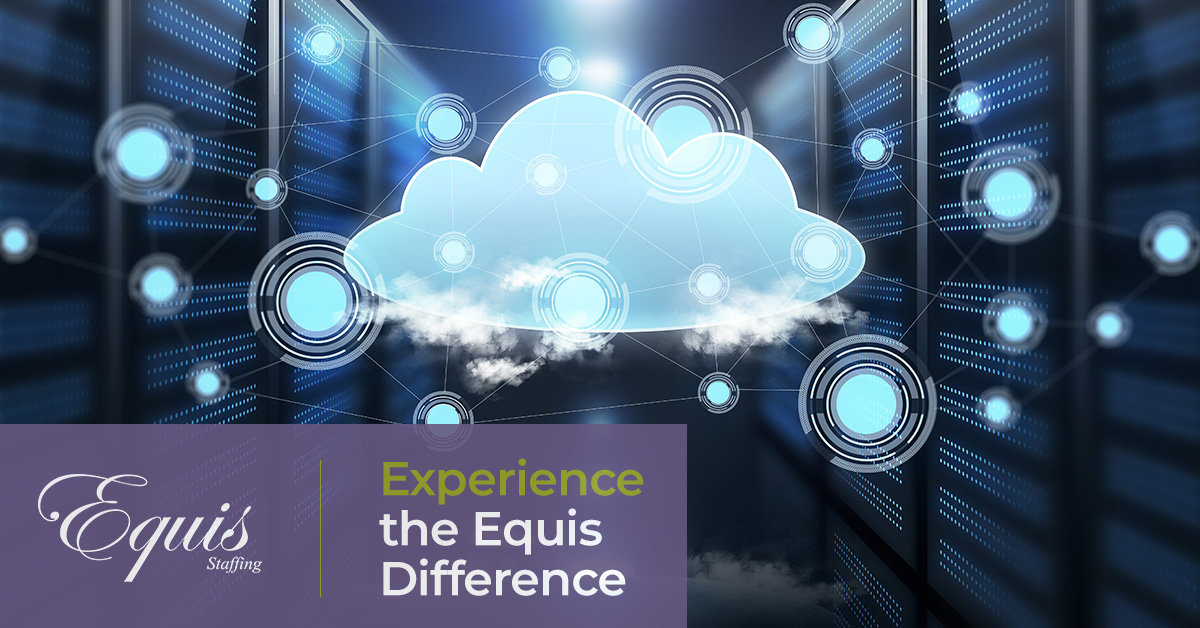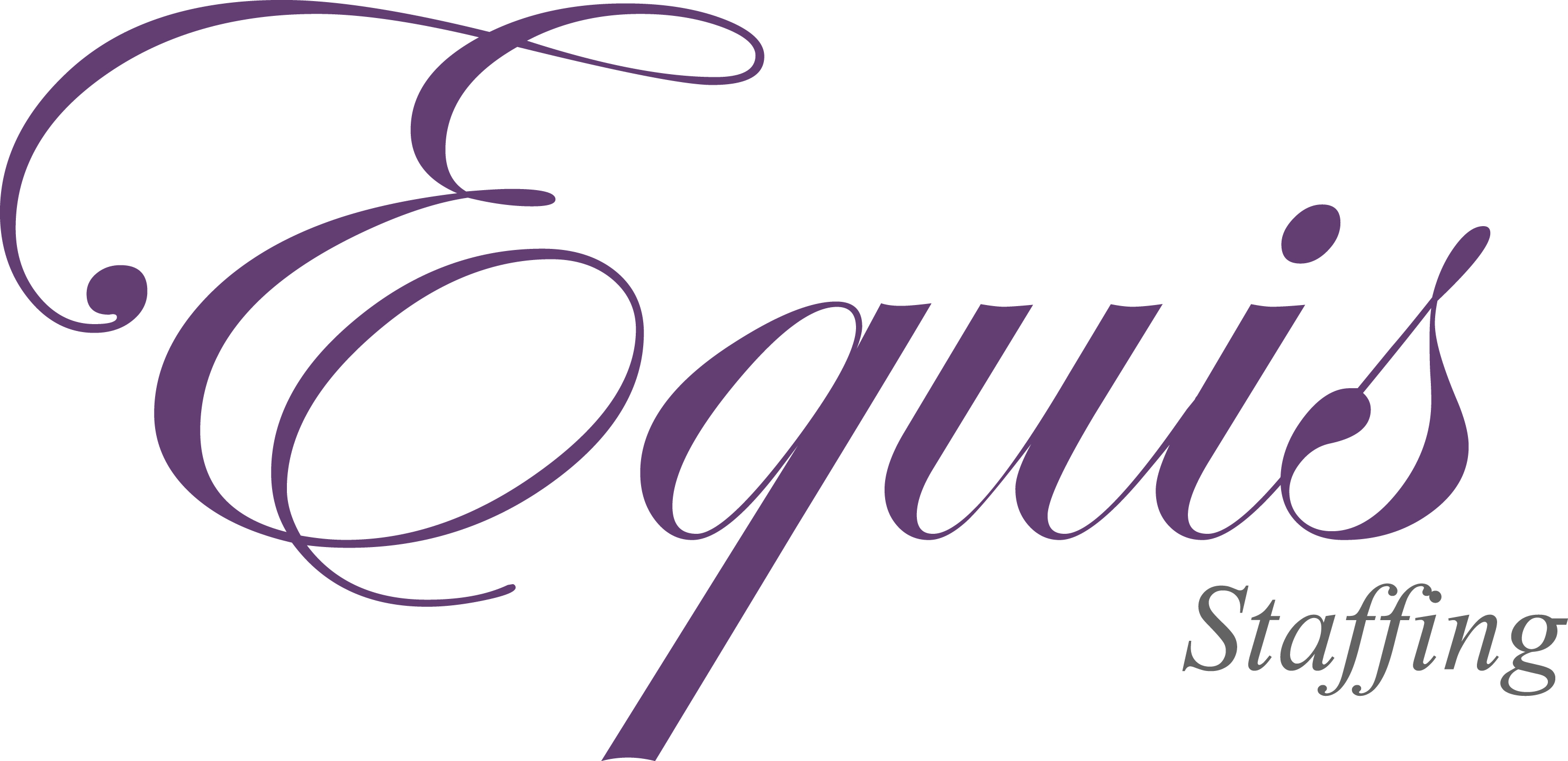
Cloud computing has been reshaping the business world for years. Now, cloud accounting solutions are making the rounds, touting their ability to transform this segment of business.
There are two primary forms of cloud accounting applications. The first, hosted applications, allows you to place your existing software and data. on a remote server and access the solution over the internet. The second, Software as a Service (SaaS) gives you access to different software you secure as a service from a vendor. It is also remotely accessible but managing (and paying for) upgrades is handled by the provider.
Both options provide a number of benefits but depending on the size and sophistication of your organization, some solutions may be better than others.
If you are wondering what cloud computing options can contribute to your accounting team, here’s what you need to know.
Benefits of Cloud Computing
The primary advantage of cloud accounting solutions is being able to access the software at any time from nearly any device with an internet connection. Laptops, desktops and mobile devices can all typically connect. This gives your employees the ability to use the solution from a variety of locations, including at home and when visiting clients. Many are also platform-agnostic, meaning whether your employees favor PC, Mac, iOS, Android or a range of internet browsers, the solution will run.
Often, cloud accounting software solutions provide high-level security as well, particularly when compared to the amount most small businesses can manage. Additionally, you don’t have to dedicate internal resources, like server space and support staff, to keep these solutions operational, as this is typically handled by the provider. Automatic backups generally are part of the package as well, ensuring your data is safe in the event of a disaster.
Most companies also discover the cost of cloud computing solutions is quite reasonable, especially in comparison to maintaining the software internally. Many vendors don’t require long-term commitments, giving you the ability to change to another provider with relative ease should the need arise.
Risks of Cloud Computing
While cloud accounting solutions provide a wealth of benefits, they aren’t without risk. First and foremost, there’s always a chance the provider will fail, so you need to have a contingency plan in place should the vendor decide to close shop.
A lack of internet access also means your solution and data is not accessible. Since all of these systems are web-based, you have to have a reliable internet connection to use them as part of your standard business model.
There is also a risk of a security breach. While the level of security offered by providers tends to be high, no system is guaranteed to prevent every attack or breach every time.
Should Your Business Implement a Cloud Accounting System?
Cloud accounting software has a lot to offer companies of all sizes, making it an option worth exploring. Just be aware of the risks and put plans in place to mitigate them. That way, should a less-than-ideal scenario play out, you already know what you need to do.
If you are interested in learning more about accounting and finance solutions that fit your business, the professionals at Equis Staffing can help. Contact us to discuss your needs today and see how our expertise can benefit you.






.png)
Comments